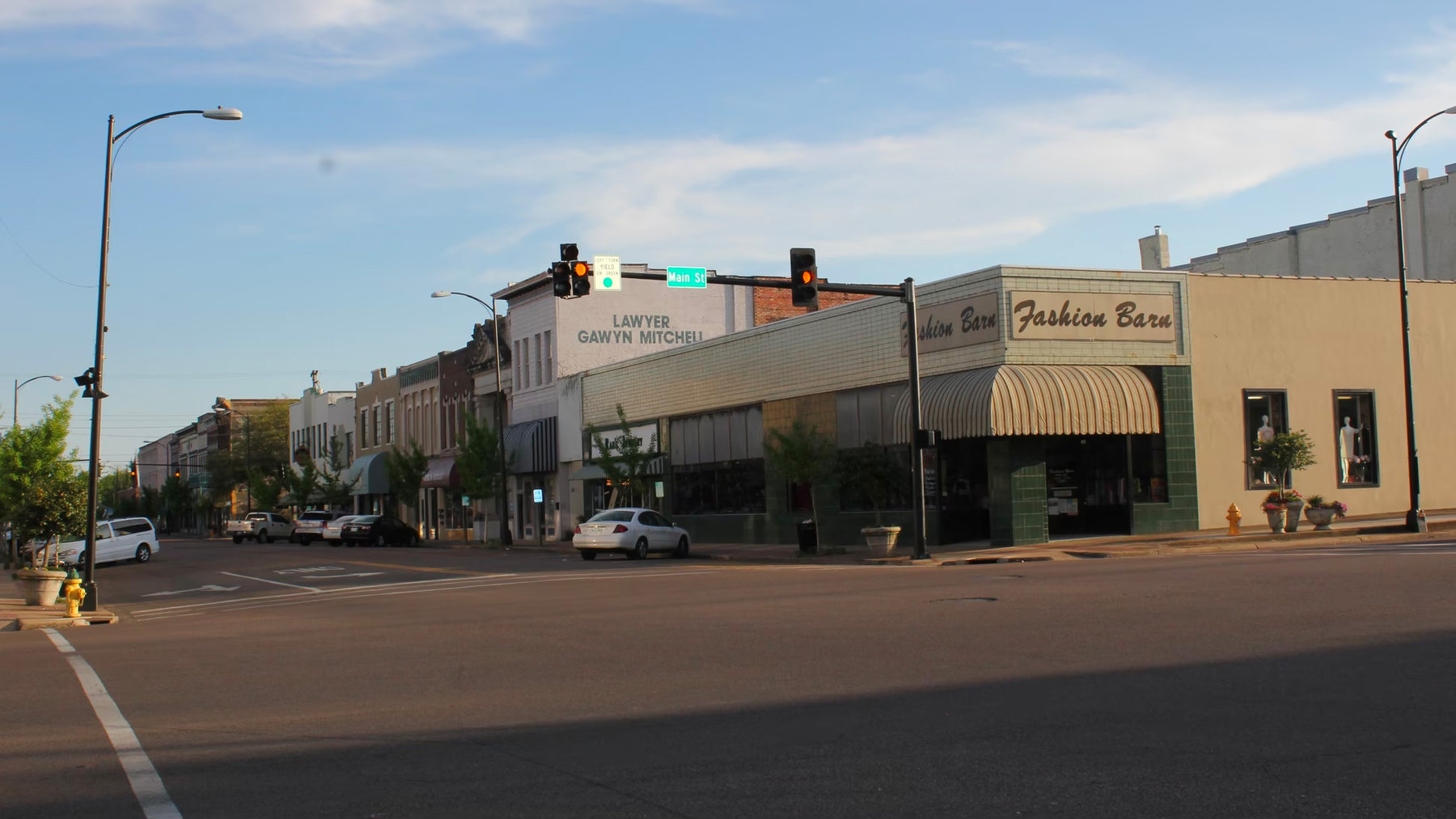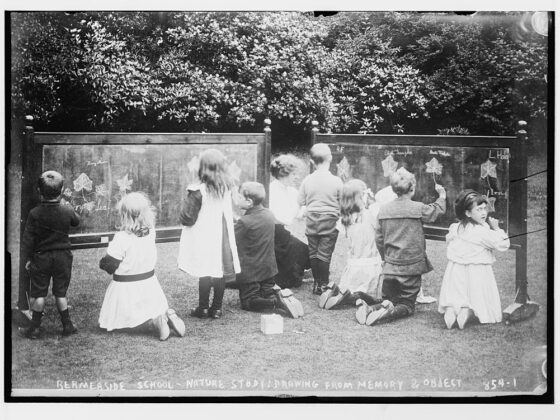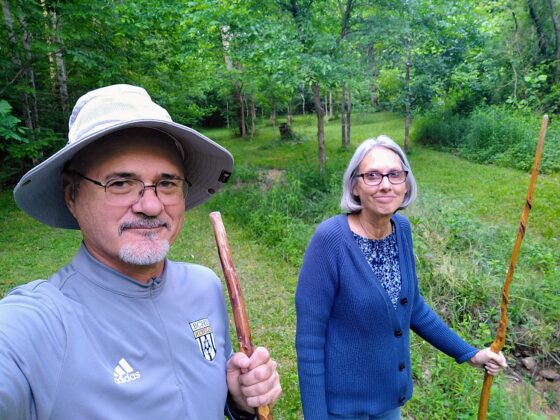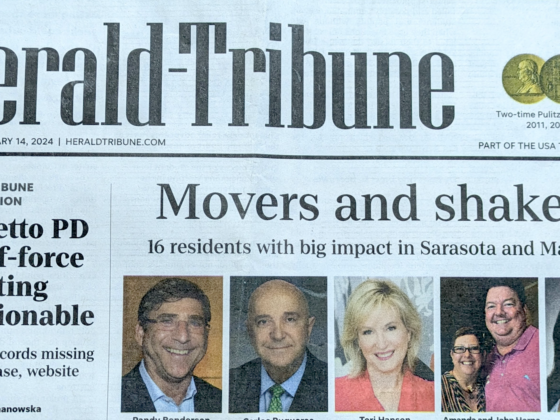Yesterday, Deb Fallows and I sent an email to various loyal readers of The Atlantic. You can see what was in that message in the “Continue Reading” section of this post.
In response, I got this message, from a longtime reader in Oregon:
I would like to see someone “package” or “productize,” both recipes for solutions, and recipes for non-solutions, which you and Deborah Fallows uncover. I would like to see actionable social entrepreneurship kits and trainings made available.
Reporting is necessary, but not sufficient. Not in our present circumstances.
I don’t expect you and Ms. Fallows have the personal capacity to add such an initiative to your own plans and activities. But I suspect there are people and organizations that can do so. I would like to see you task one or more people to identify, contact and encourage such people and organizations to “package” or “productize” such social entrepreneurship solutions.
If what works cannot be reproduced, then reporting is reduced to the wistful.
Personally, I don’t have the stomach to read, listen to, or watch “what might have been,” or what can or even is happening, but only under optimum conditions. We are not living in a time of optimum conditions. We cannot simply plant and grow in any type of soil. The soil must support what we hope to harvest.
I seek no response here. Your work over the next year or two will be your response.
This is a fair, and important, observation. And it is in line with our intentions, and the themes we intend to explore.
Deb and I realize that we don’t personally have the background, capacity, or skill to be the “productizers” ourselves. But one of our ambitions is to connect people who do have those abilities.
Please stay tuned, follow along, and send us your suggestions and ideas to ourtowns@theatlantic.com.
Here is the message that went out to a number of Atlantic readers this week.
tarting six years ago, in the summer of 2013, my wife—Deborah Fallows—and I began visiting smaller-town America, traveling in our single-engine four-seat propeller plane, for a series of web posts, videos, magazine articles, and radio reports in what was called the “American Futures” series. Last year we published a nationally best-selling book from the project, called Our Towns: A 100,000-Mile Journey Into the Heart of America, and now we’re working with HBO on a documentary of the same name. It will appear about a year from now, around the time of the national political conventions, toward the goal of offering a different conception of America’s political possibilities than those likely to dominate cable news.
Now we are beginning a new round of extended on-scene reporting, following up on the successes and challenges of some of the places we’ve already visited, and expanding our coverage to new regions and towns. In an introductory post for this series, I set out some of the places we’ll be visiting and themes we will be exploring this year. These will range broadly, over: economics and business questions; urban architecture and the arts; the reinvention of schools and libraries; the expansion of broadband and technological opportunities to rural America; ways to help local journalism survive as a business, and to encourage national journalism to take small-town America more seriously; and whether solutions being devised at the local level could percolate up to improve national-level politics.
We have already done some initial reports. For instance: from Indiana, about a radical new approach to public school not previously mentioned in the national press; and also from Indiana, about the second (and third, and 10th) lives of factory buildings and shopping malls that outlive their original economic function; and from Mississippi, about a small-town daily that has retained its economic and civic role (and an even smaller daily that was crucially influential in the outlook of the famed journalist David Halberstam); and from all around the country, about the emerging role of public libraries as America’s “second responders,” filling social and economic gaps in a quietly heroic way.
Soon we will be traveling again, by small airplane, to Appalachian North Carolina and Kentucky; and to the Rio Grande Valley of Texas; and to industrial areas of Wisconsin, from Racine to Eau Claire; and to inland areas from Oklahoma to Nebraska to Nevada; and beyond.
Please follow along here! And please send ideas or suggestions to ourtowns@theatlantic.com.




